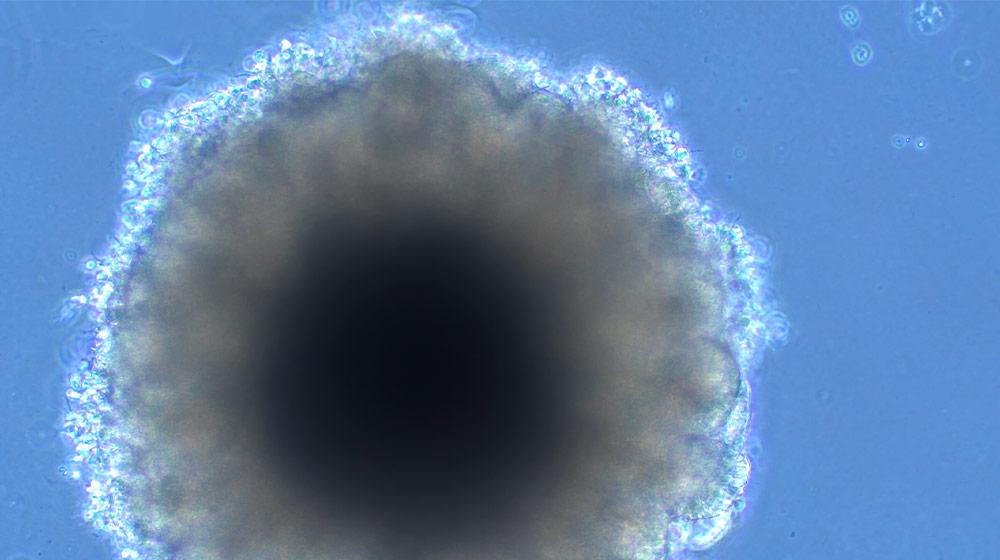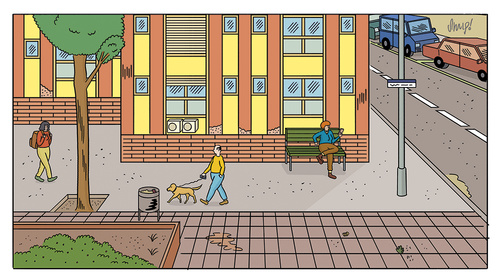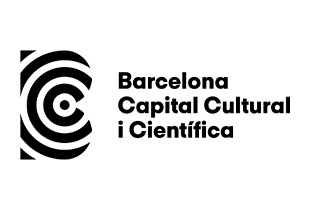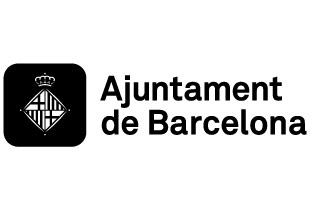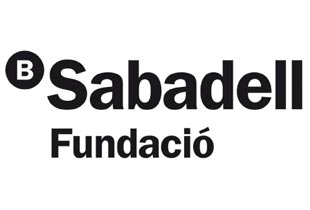Brain(s)
This is not a brain
Stem cell engineering to create human brain tissue organoids
Courses and workshops
Free with pre-booking
How is the human brain formed and how does it get sick? Can we create a human brain from stem cells? Sandra Acosta presents the research on brain organoids being carried out by the Functional Neurogenomics Laboratory of the Faculty of Medicine at Barcelona University (UB) to answer these questions from different viewpoints.
Brain organoids are multicellular models that have a similar physiology to the brain, but in a Petri dish. By means of stem-cell engineering, it is possible to create mini-brains as well as other brain-related structures such as retinas. These organoids are not true brains, as they are unable to perceive their environment, have no neural connections, and are embryonic in nature.
Sandra Acosta, Director of the Functional Neurogenomics Laboratory of the UB, tells us how this research with organoids offers a unique window into brain development and the exploration of various diseases. For example, it is possible to study whether a mutation of embryonic origin will cause epilepsy or whether neurons become ill when infected with SARS-CoV-2. It is also a very useful field of research for exploring diseases such as Alzheimer’s or disorders such as ASD.
Participants: Sandra Acosta
This activity is part of Brain(s)
